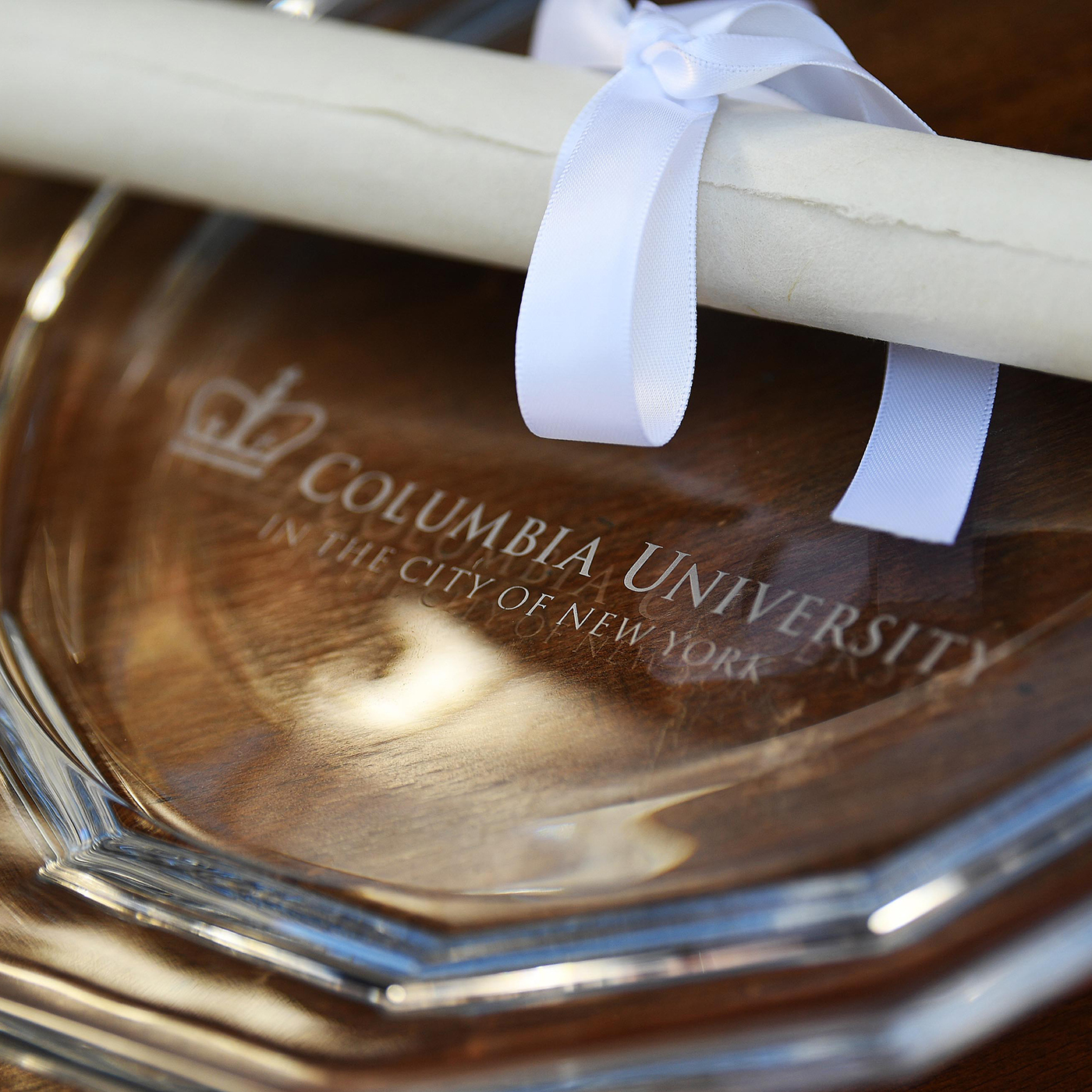Johns Hopkins University Research Opportunities for Undergraduates
In the ever-evolving landscape of higher education, research opportunities for undergraduates have become a critical component of the academic experience. At Johns Hopkins University, these opportunities are not just a privilege but a cornerstone of the educational journey. Renowned for its groundbreaking research and academic excellence, Johns Hopkins offers a wealth of opportunities that allow undergraduates to engage directly with the process of discovery. For prospective students, educators, and academic professionals, understanding the breadth and depth of these research opportunities is essential for recognizing the unique value that Johns Hopkins provides.
At Johns Hopkins University, particularly for undergraduates, and explores the historical context, key insights, challenges, and future trends related to these opportunities. We will highlight real-world examples of how undergraduate research at Johns Hopkins has shaped both the careers of students and the fields they study, providing a comprehensive guide to what makes these opportunities so impactful.
Johns Hopkins University, founded in 1876, has been at the forefront of research and innovation for nearly 150 years. As America’s first research university, it was established with a mission to foster advanced study and encourage the creation of new knowledge. This commitment to research excellence is embedded in the university’s DNA and is reflected in the opportunities available to students, including undergraduates.
Historically, Johns Hopkins has been a leader in various fields, from medicine and public health to engineering and the humanities. The university consistently ranks among the top institutions globally for research output, with significant contributions across disciplines. For undergraduates, this means access to cutting-edge research projects, state-of-the-art facilities, and mentorship from world-renowned faculty.
According to recent data, over 75% of Johns Hopkins undergraduates participate in research during their time at the university. This high level of engagement is supported by various programs, such as the Provost’s Undergraduate Research Awards (PURA) and the Woodrow Wilson Undergraduate Research Fellowship, which provide funding and resources for students to pursue independent research projects.
The Value of Undergraduate Research
For students at Johns Hopkins University, participating in research as an undergraduate offers a range of benefits that extend far beyond the classroom. One of the most significant advantages is the opportunity to contribute to meaningful, real-world projects. Whether it’s developing new medical treatments, exploring environmental sustainability, or advancing artificial intelligence, undergraduates at Johns Hopkins are often at the forefront of innovative research.
This hands-on experience is invaluable for students considering careers in academia, industry, or public service. By engaging in research, students develop critical thinking, problem-solving, and analytical skills that are essential in any field. Moreover, the collaborative nature of research at Johns Hopkins allows students to work alongside experts, fostering mentorship relationships that can guide their academic and professional growth.
Another key benefit of undergraduate research is the opportunity for students to publish their findings or present them at conferences. This not only enhances their resumes but also contributes to their confidence and credibility as emerging scholars. Additionally, the interdisciplinary nature of many research projects at Johns Hopkins means that students can explore their interests across multiple fields, gaining a broader perspective and more diverse skill set.
Challenges and Misconceptions
While the benefits of undergraduate research at Johns Hopkins are clear, students may face certain challenges or hold misconceptions about the process. One common misconception is that research is only for students in the sciences or engineering. In reality, Johns Hopkins offers research opportunities across all disciplines, including the humanities, social sciences, and arts. The university’s emphasis on interdisciplinary research means that students from any major can find projects that align with their interests.
Another challenge is the perceived competitiveness of securing research opportunities. While it’s true that Johns Hopkins is a highly selective institution, the university provides extensive support to help undergraduates get involved in research. This includes workshops, advising, and networking events designed to connect students with faculty and research projects that match their skills and goals.
For those who may feel intimidated by the prospect of conducting research, it’s important to note that Johns Hopkins encourages all students, regardless of their previous experience, to get involved. Many programs are designed to support beginners, offering training and guidance to ensure that students can contribute meaningfully to their projects.
Real-World Impact Success Stories and Case Studies
The impact of Johns Hopkins University’s research opportunities for undergraduates is best illustrated through the success stories of its students and alumni. One notable example is the story of a student who, through the PURA program, conducted research on a novel cancer treatment. This project not only led to a publication in a prestigious journal but also paved the way for the student’s admission to a top medical school.
Another example is a group of undergraduates who collaborated on a public health research project in partnership with the Johns Hopkins Bloomberg School of Public Health. Their work on infectious disease prevention in low-income communities has since informed policy changes and public health strategies both domestically and internationally.
These examples highlight the tangible impact that undergraduate research at Johns Hopkins can have, not only on the students involved but also on the broader society. The university’s commitment to translating research into real-world solutions ensures that students’ contributions are both significant and lasting.
Trends in Undergraduate Research at Johns Hopkins
As we look to the future, the landscape of undergraduate research at Johns Hopkins University continues to evolve. One emerging trend is the increasing focus on global research initiatives, with more opportunities for students to engage in projects that have an international impact. This aligns with Johns Hopkins’ mission to address global challenges and reflects the growing importance of cross-cultural and interdisciplinary research.
Another trend is the integration of advanced technologies, such as artificial intelligence and big data, into research projects. This not only enhances the scope and scale of research but also provides students with experience in cutting-edge tools and methodologies that are increasingly relevant in today’s job market.
Additionally, Johns Hopkins is expanding its support for entrepreneurial research, encouraging undergraduates to explore the commercialization of their findings. This includes resources for developing business plans, securing patents, and launching startups, further broadening the potential impact of undergraduate research.
The Lifelong Value of Undergraduate Research at Johns Hopkins University
Johns Hopkins University offers unparalleled research opportunities for undergraduates, providing a platform for students to engage in innovative projects that shape their academic and professional futures. From the rich history of discovery to the cutting-edge research happening today, Johns Hopkins continues to be a leader in fostering the next generation of scholars and innovators.



